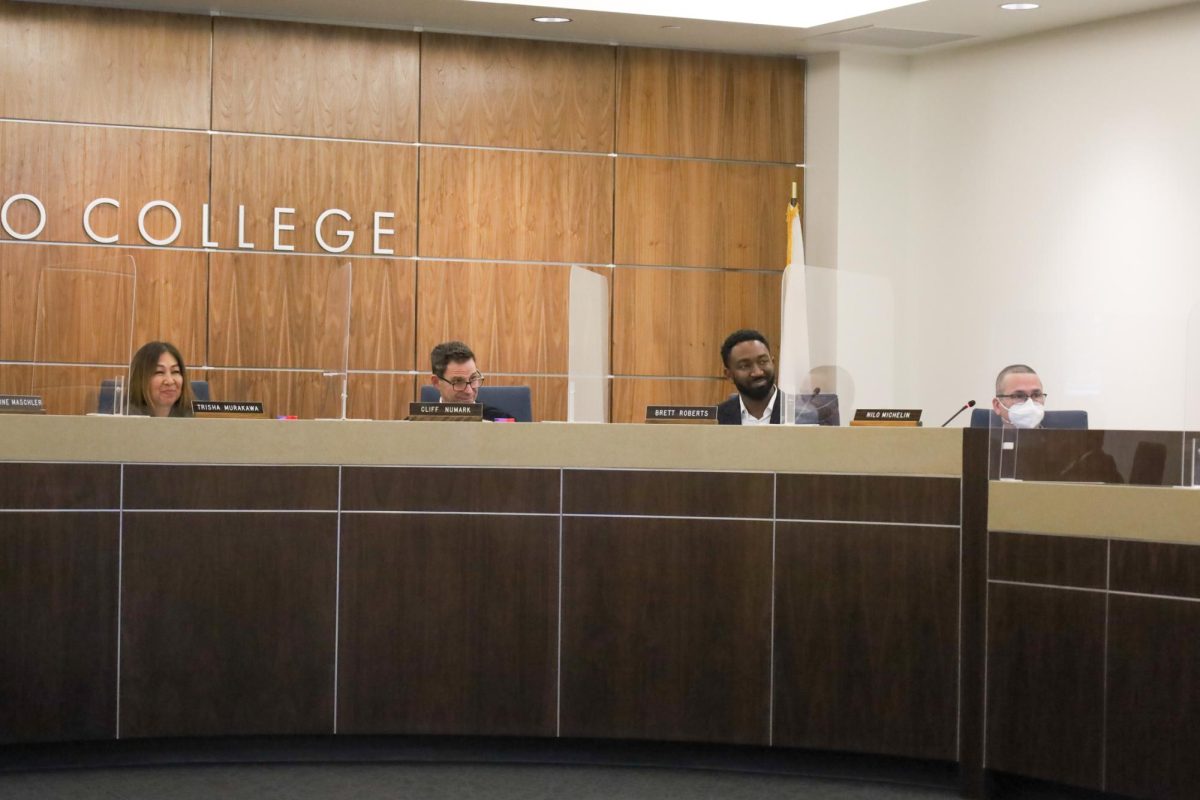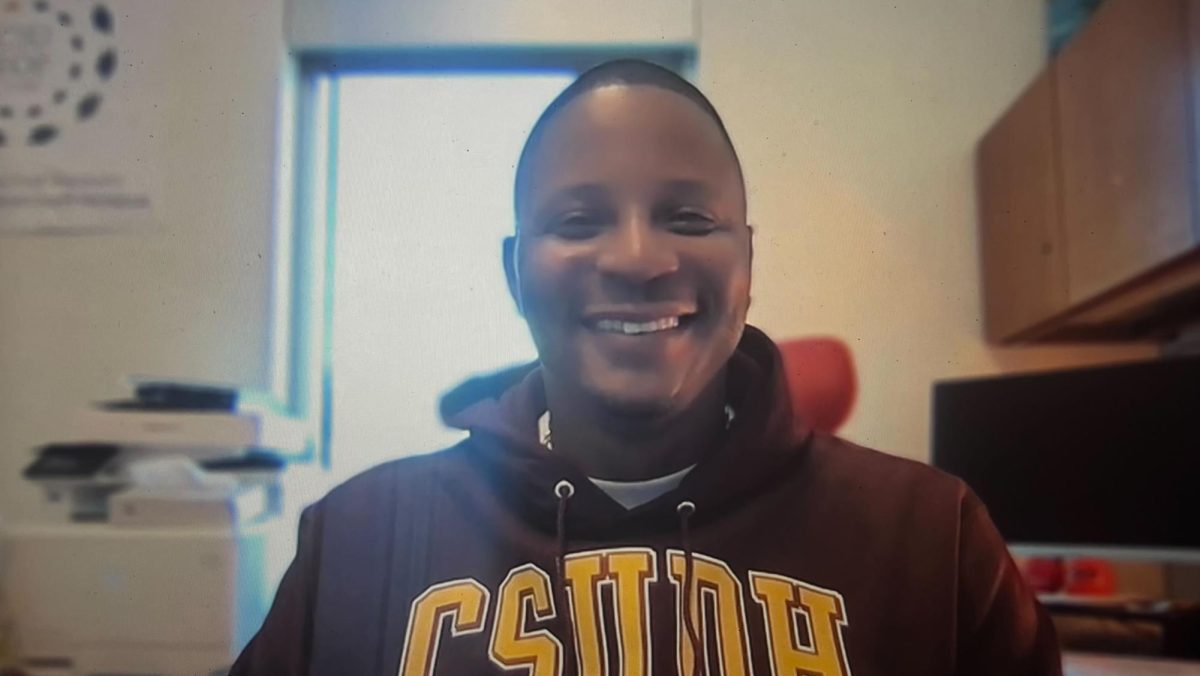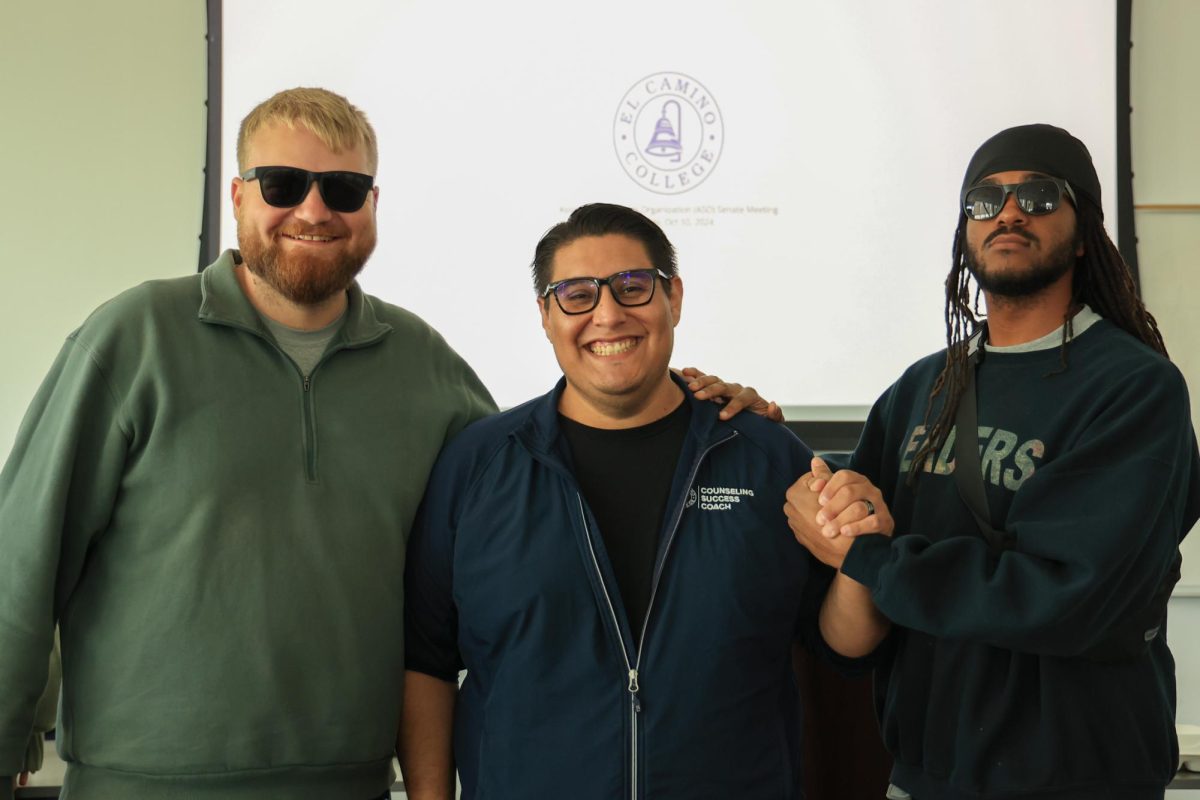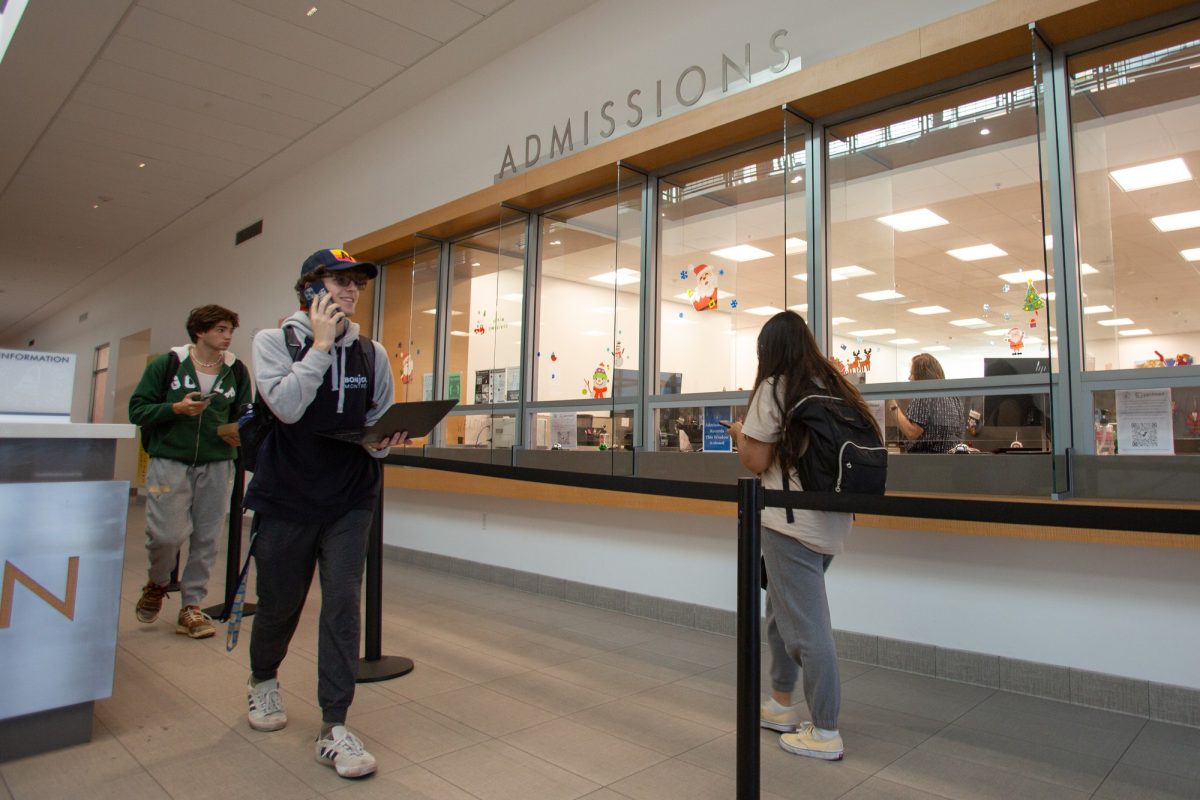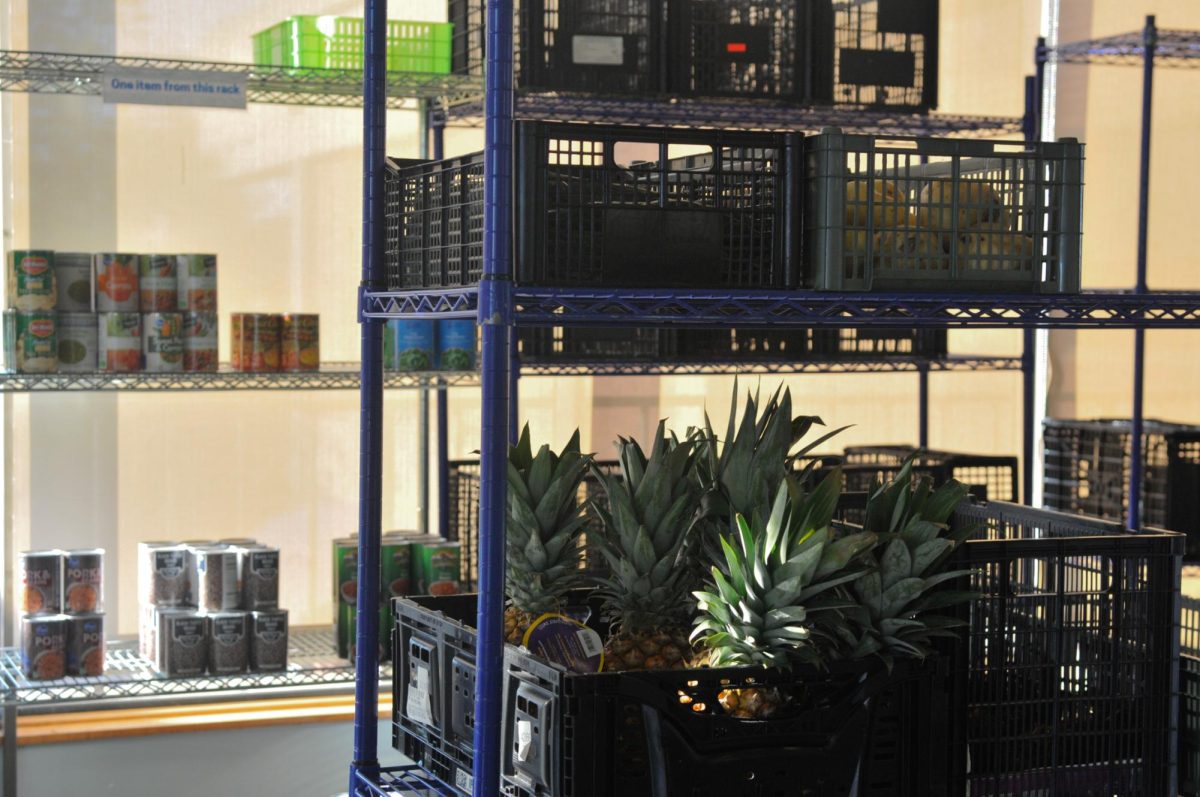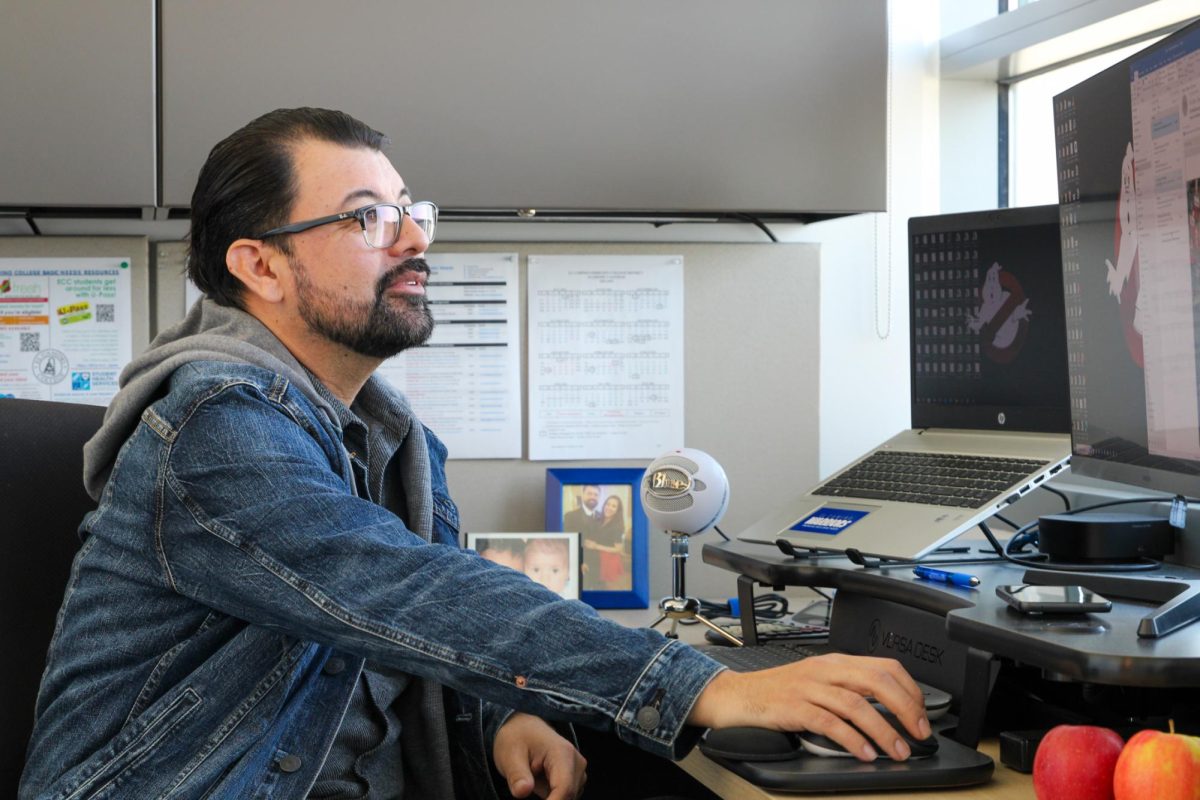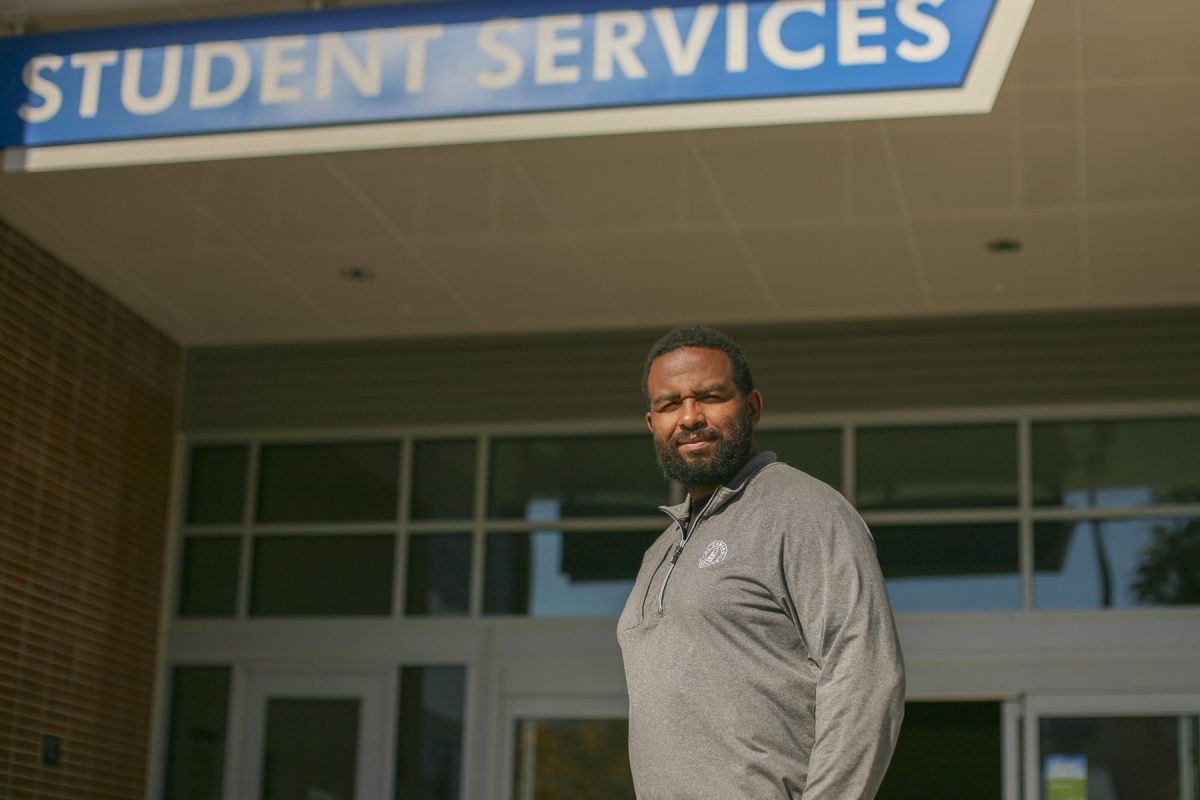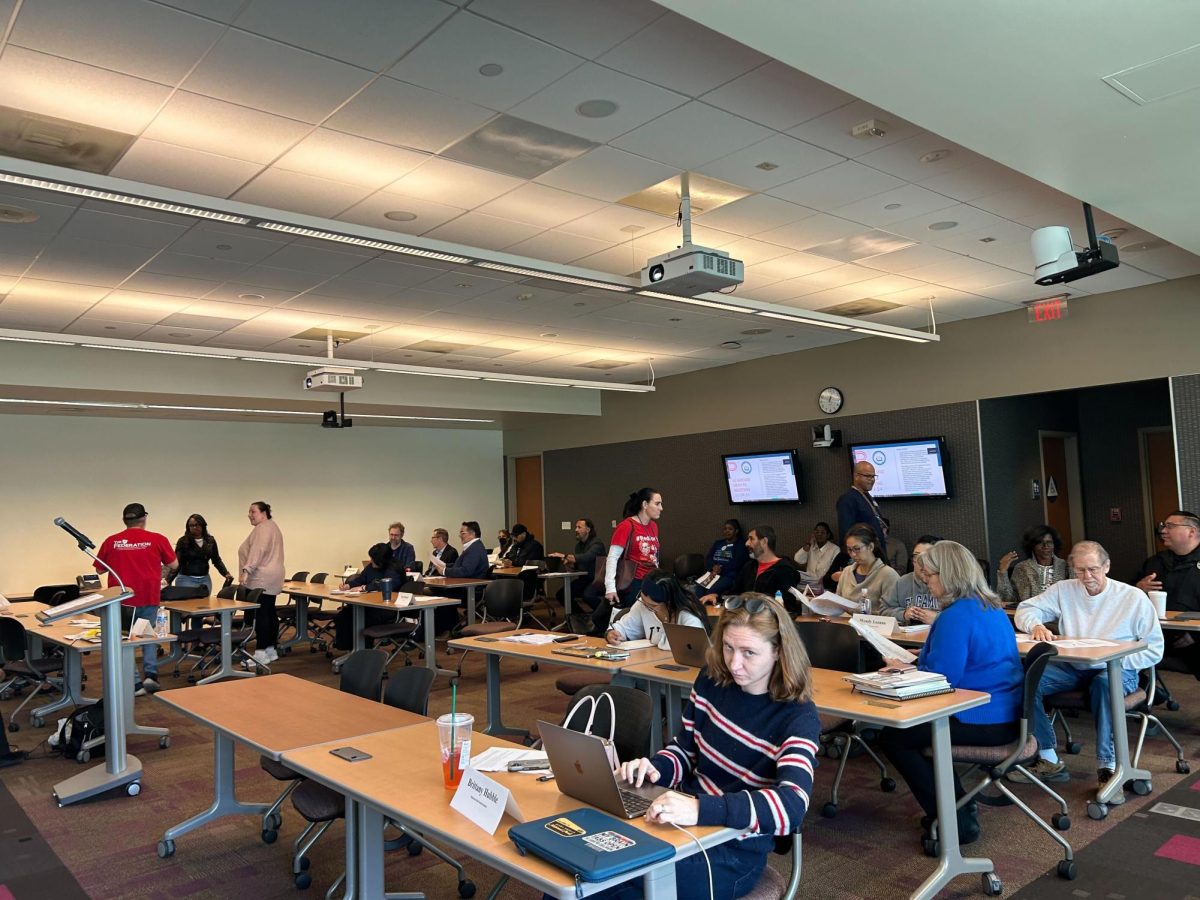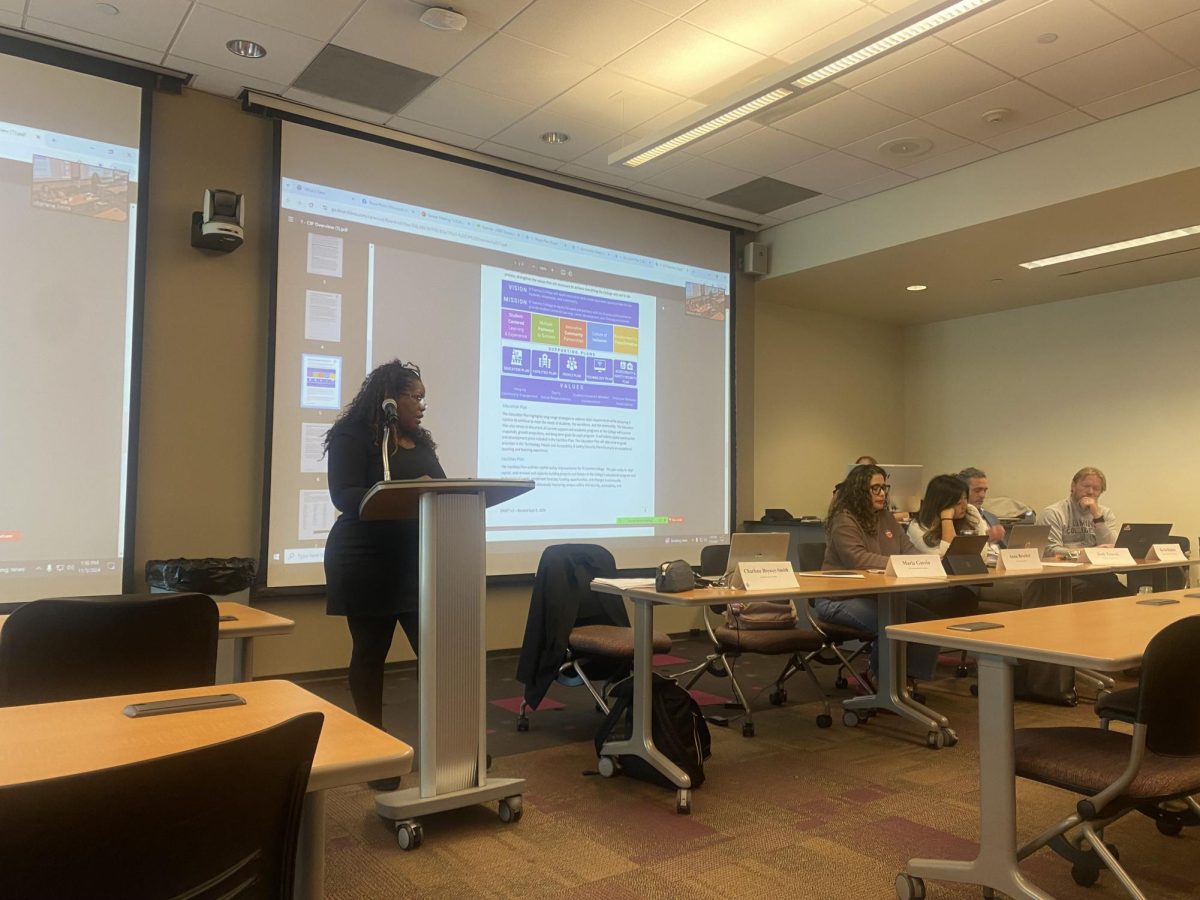El Camino College has agreed to work with a new plagiarism-checking software to replace the previous software and help combat the rise of AI-use in classrooms.
The new vendor, PlagiarismCheck, will be used by El Camino under a three-year contract that cost the college $102,965. The contract will last from July 7, 2024 to June 30, 2027.
The Board of Trustees approved the contract during its Monday, April 15 meeting where Vice President of Academic Affairs Carlos Lopez was present.
“[PlagiarismCheck] is a critical tool to ensure academic integrity is in our classroom, to make sure there isn’t plagiarism going on,” Lopez said.
The Union also spoke with Trustee Clifford Numark. Numark voted yes to the three-year contract with PlagiarismCheck.
“We want to make sure that the work [students] produce is their work,” Numark said. “That’s the thinking and reasoning that goes on ‘trying to instruct students to be successful’ that’s why this software is gonna be helpful for us and the students ultimately.”
The previous vendor, Unicheck, has been the college’s plagiarism software since 2020. Since then, Unicheck has been purchased by Turnitin and will cease operations by the end of June 2024.
According to the Board of Trustees’ agenda document, PlagiarismCheck was cheaper than Turnitin. Turnitin’s three-year contract was for $139,199.
Distance Education Faculty Coordinator Moses Wolfenstein said that in 2019, faculty had issues with Turnitin regarding price and the software’s policy of retaining the right to “keep and not share” student work in its database.
By the 2019-2020 academic year, the new software was Unicheck. Unicheck, unlike Turnitin, was cheaper and had no policy of storing student work, Wolfenstein said.
Turnitin notified the college last year that it will be shutting down Unicheck and offered another contract with the company.
“We thanked them for the information and promptly began searching for competitors,” Wolfenstein said.
By the time the college was looking for other software, PlagiarismCheck was the only one the college found that was focused on higher education.
Wolfenstein said PlagiarismCheck is “extremely similar” to both Turnitin and Unicheck, and the college was also looking for AI checking, which PlagiarismCheck offered.
“There was pretty much an immediate clamor from faculty for some kind of AI checking,” he said. “There was a lot of expressed desire for AI checking.”
Wolfenstein said that AI checkers can only indicate some probability that AI wrote a student’s work.
He added that the use of PlagiarismCheck and its impact on students will depend on the courses they are taking and the faculty who use it.
“There may be some bumpy moments for students who have faculty who have not accepted the part [AI checking] is not ironclad,” he said.
Wolfenstein said that some faculty will have some adjusting to do and accept that AI checking does not offer the kind of certainty that the previous plagiarism software did. “There maybe some rough moments.”
Wolfenstein said the Student Development Office stated a rating from the AI check software does not automatically make a case for student misconduct, but it is the student’s responsibility not to use AI when the course or faculty prohibits its use.
Many faculty, staff and the SDO agree about AI’s place in the world.
“[AI] is part of the landscape of doing knowledge work now,” Wolfenstein said. “Many faculty are finding ways to adapt it and incorporate it into their courses.”




